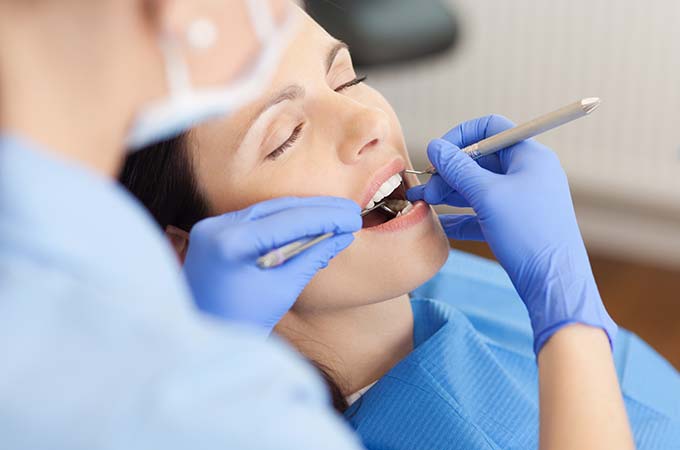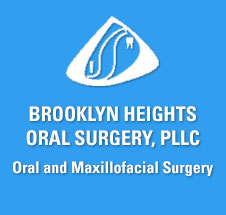
IV Sedation enables patients who may have a low pain threshold, very sensitive teeth, a gag reflex, or moderate-to-severe anxiety the ability to undergo more advanced procedures for teeth and gum health.
What is Sedation Dentistry?
Sedation dentistry, sometimes called “Sleep Dentistry,” is a safe, gentle option used to help patients relax while they are having dental treatment. Medication will be used but you usually remain awake, unless you opt for a general anesthetic which will make you sleep.
Our doctors will discuss the sedation options with you so that you can choose the one you prefer and which the doctor feels is best suited to your circumstances:
A low level of sedation: you will feel completely relaxed but will not be asleep.
Moderate sedation: you will feel more relaxed, even drowsy and although not fully asleep, you may not remember much afterward.
Deep sedation: you will wake up easily but will be more or less unconscious.
General anesthetic: you will be fully asleep/unconscious and will not be aware of anything.
IV Sedation: This method of pain relief is administered through a vein in your arm or the back of your hand. It means that your dentist can adjust the level of sedation to your need.
What is the procedure for IV Sedation?
A tube will be attached to the back of your hand or your arm and as the drug enters your body you will feel relaxed and drowsy. The dentist will also attach a monitor to your finger which measures your oxygen and your pulse. Then you will be given a local anesthetic in your gum to numb the area in and around the tooth. Once that’s been done your dentist can get on with your dental procedure and you will be unaware of any anxiety or pain.
Who should consider Sedation Dentistry?
If the thought of dental treatment fills you with dread, then sedation dentistry is well worth considering. Whether you have a phobia or something less, by allowing your dentist to sedate you, dental treatment can be carried out quickly and efficiently. Talk to your dentist about sedation dentistry if you have problems with any of the following:
A fear of dentists
Low pain threshold
Very sensitive teeth
A gag reflex that causes problems during treatment
Need to have a vast amount of work carried out


